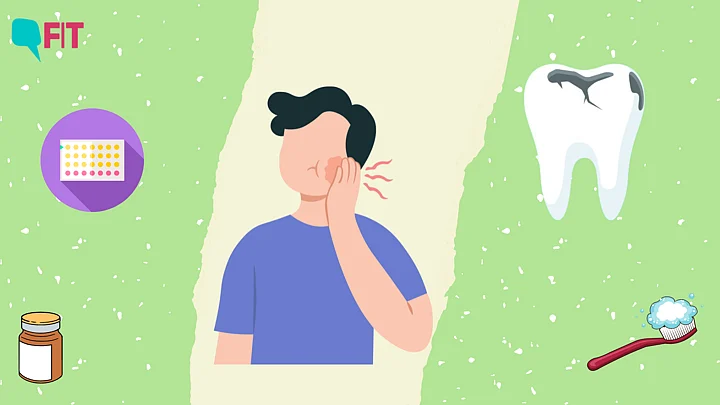A new report published by the World Health Organization earlier in November says that over the last 30 years, oral diseases have increased by 1 billion globally.
What This Means: Nearly half of the global population, 45 percent or 3.5 billion people from 194 countries, suffers from oral diseases.
Three out of every four affected people live in low or middle-income countries. The most affected people majorly include those with disabilities, low incomes, aged people, and those living in remote communities, making them “vulnerable and disadvantaged.”
The Big Numbers:
An estimated 2.5 billion people suffer from untreated dental caries (or tooth decay)
1 billion people suffer from severe gum disease (which causes total tooth loss)
Nearly 3,80,000 people suffer from oral cancers every year
Major Risk Factors: The report pointed toward two major risk factors:
Tobacco and alcohol
But it added that lack of access to healthcare is also one of the reasons since oral health is expensive, “requires high out-of-pocket expenditures,” and one needs to consult a specialised doctor for it separately.
The report stated,
“The provision of oral health services largely relies on highly specialized providers using expensive high-tech equipment and materials, and these services are not well integrated with primary health care models.”
The Way Ahead. The report suggests that countries:
Spread awareness about common risk factors
Make oral health services a part of primary health care
Integrate data about oral healthcare into national health monitoring systems
Train all healthcare workers to better respond to population needs
What Experts Say: Dr Tedros Adhanom Ghebreyesus, the WHO Director-General, said, “Oral health has long been neglected in global health, but many oral diseases can be prevented and treated with the cost-effective measures outlined in this report.”
Echoing Dr Ghebreyesus’s statement, WHO’s Director for Noncommunicable Diseases, Dr Bente Mikkelsen, said:
“Placing people at the heart of oral health services is critical if we are to achieve the vision of universal health coverage for all individuals and communities by 2030. This report acts as a starting point by providing baseline information to help countries monitor progress of implementation, while also providing timely and relevant feedback to decision-makers at the national level.”
(At The Quint, we question everything. Play an active role in shaping our journalism by becoming a member today.)
